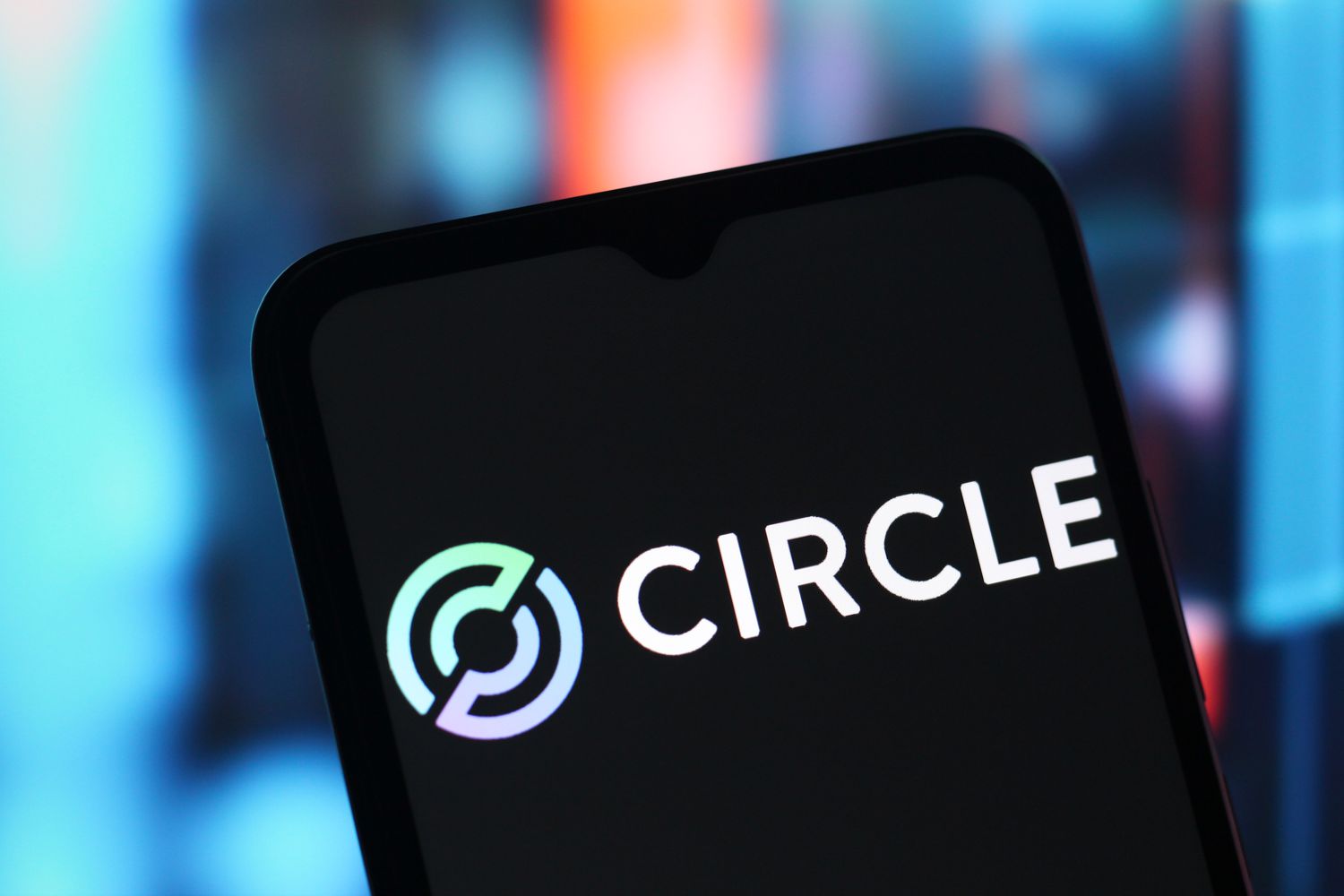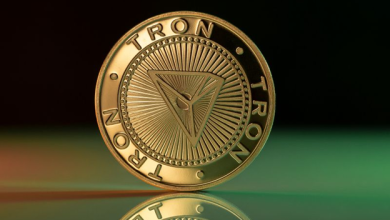Circle Revises USDC Policy to Permit Legal Gun Purchases


Stablecoin Issuer Updates Terms on Firearm Transactions
According to Circle’s updated terms, the company reserves the right to “monitor and, if appropriate, block or otherwise prevent transactions” related to weapons, ammunition, explosives or other restricted items. The new version specifies that restrictions apply only to weapons traded “in contravention of applicable laws,” effectively permitting purchases that comply with national and state regulations.
The update sparked discussion online later than crypto users noticed the change earlier this week. It remains unclear whether Circle had previously enforced such restrictions or whether the clarification reflects a new enforcement stance. Circle launched USDC in 2018 as a fully backed dollar-pegged stablecoin and has since positioned itself as a compliant digital payments provider.
Investor Takeaway
Lawmakers Applaud Change on Second Amendment Grounds
The revision drew support from several U.S. lawmakers who framed it as a defense of constitutional rights. Senator Cynthia Lummis of Wyoming wrote on X that she was “glad [Circle] now allow legal firearm purchases using its stablecoin,” adding that by aligning its terms with existing law, the company “defends constitutional rights and ensures financial systems can’t be weaponized against law-abiding gun owners.”
Gun rights advocates and some conservative politicians said the clarification prevented the kind of financial deplatforming they argue has targeted the firearms industry through traditional banking channels. Circle has not publicly commented on the update beyond its published terms.
Policy Context and Political Undercurrents
The change comes against a shifting U.S. regulatory landscape for stablecoins. In July, Congress passed the GENIUS Act, a bipartisan bill establishing federal oversight for payment stablecoins. Circle chief executive Jeremy Allaire and Tether’s Paolo Ardoino both attended the bill’s signing ceremony at the White House, underscoring the growing political relevance of the sector.
It is not clear whether Circle’s adjustment followed direct feedback from lawmakers or was designed to align more closely with the pro-business stance of the Trump administration. The company has sought to expand its influence in Washington as new rules for digital dollars take effect, while distancing itself from controversies over censorship and financial controls.
Circle, which operates under U.S. regulatory supervision and is viewking broader approvals in Europe under the MiCA framework, has often portrayed compliance as a competitive advantage. The latest update shows that compliance itself is now part of a wider political debate over how digital finance interacts with real-world rights and regulation.
Investor Takeaway
Outlook for USDC and Stablecoin Policy
USDC remains one of the world’s largest stablecoins with tens of billions in circulation, widely used by platforms, payment platforms and fintechs. The clarification on weapon-related transactions may reassure some U.S. users that lawful purchases won’t be blocked arbitrarily, while signaling to regulators that Circle intends to remain within the bounds of financial conduct rules.
Circle did not respond to requests for comment on whether the updated language followed consultations with U.S. authorities or internal policy reviews. The company’s website continues to emphasize that all transactions involving USDC must comply with applicable laws, sanctions regimes and anti-money-laundering obligations.







